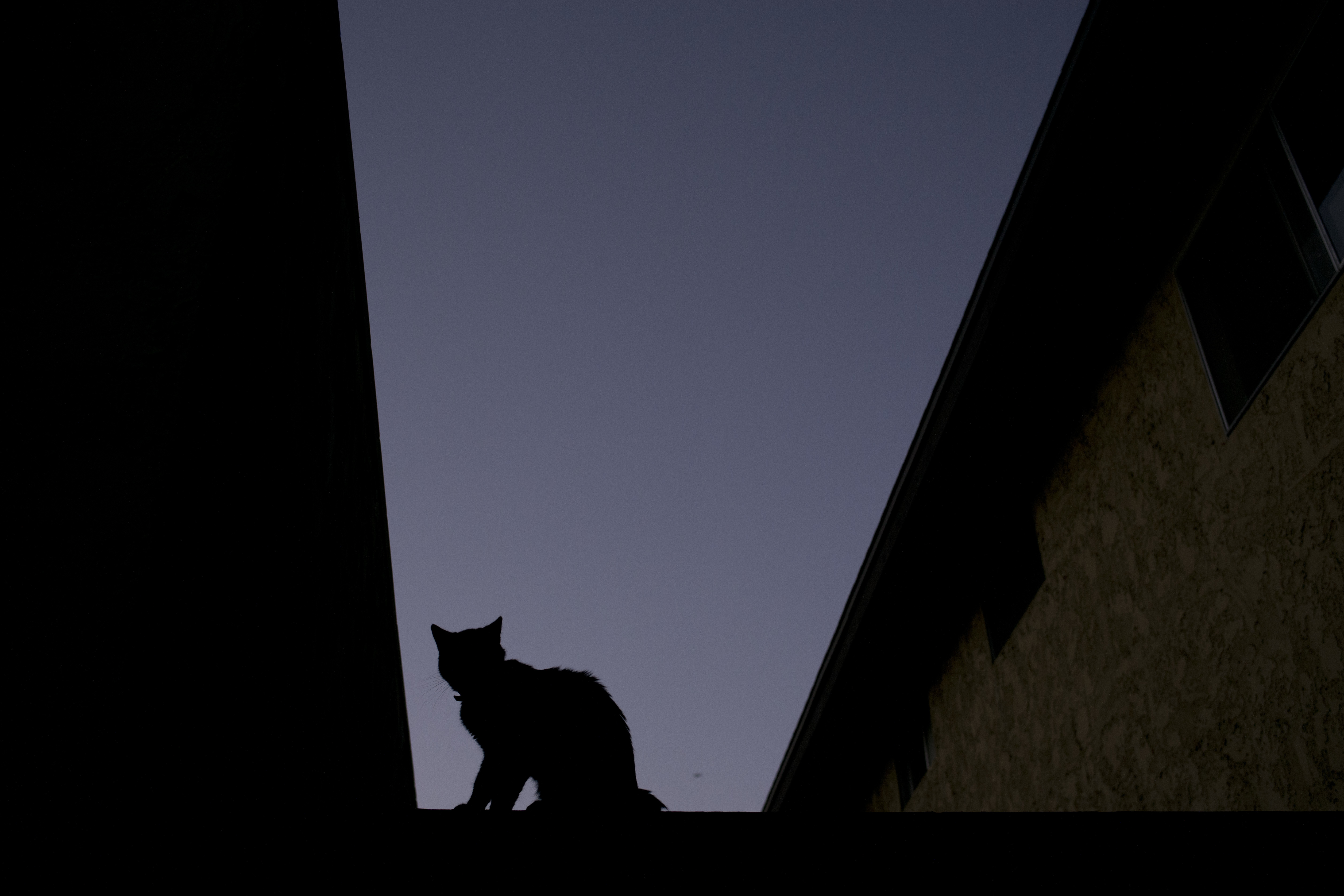San Diego County Public Health Services officials are investigating a suspected case of bird flu (H5N1) in a house cat that died after eating raw pet food, the county said in a statement on Feb. 26.
The cat died in mid-January, and preliminary tests came back positive. Officials believe that the cat contracted the virus when consuming raw pet food.
This is the first instance of a cat dying with the bird flu in San Diego County, although other cases have appeared in the state.
“Bird flu has been devastating for wildlife populations around the globe, poultry and dairy cattle in our country and has infrequently affected people and cats,” Dr. Seema Shah, medical director of the county’s Epidemiology and Immunization Services Branch, said in a statement.
The county is actively monitoring wildlife and expanding testing efforts while collaborating with veterinarians and health care providers to offer guidance, according to Shah.
Other house cats have suffered the same fate in California. Two cats from two different households in Santa Barbara County fell ill and died from bird flu, the county announced in December 2024.
“Currently, there is no evidence of local cat-to-cat, cat-to-human, or human-to-human spread of H5 bird flu, and the risk to the general public continues to be low,” the Santa Barbara County Public Health Department, which is still investigating the source of transmission, said in a statement.
By early January, bird flu had been confirmed in seven Los Angeles County domestic cats, one commercially available raw pet food product, and recalled raw milk. In Washington state, two house cats had contracted bird flu as of Feb. 26, according to the State Department of Agriculture. Several cats across Oregon had also caught the virus, the Oregon Veterinary Medical Association announced on Feb. 14.
The cases are believed to have stemmed from the consumption of raw pet food or exposure to wild waterfowl. Officials said cats should not be fed unpasteurized milk or raw or undercooked meats, or allowed to hunt wild birds.
Bird flu primarily infects birds but has been detected in dairy cattle and other mammals throughout the nation and around the world.
Domestic and wild cats are susceptible to bird flu, although they rarely contract the virus. Dogs are also susceptible, although less so. Transmission to humans is uncommon, although the virus can enter through the eyes, nose, and mouth, or via inhalation.
Cats with bird flu demonstrate neurological issues, including lack of coordination or seizures, respiratory problems such as sneezing or coughing, and loss of appetite. The most at-risk humans are farmworkers or people handling birds or other wildlife, according to the Centers for Disease Control and Prevention.















